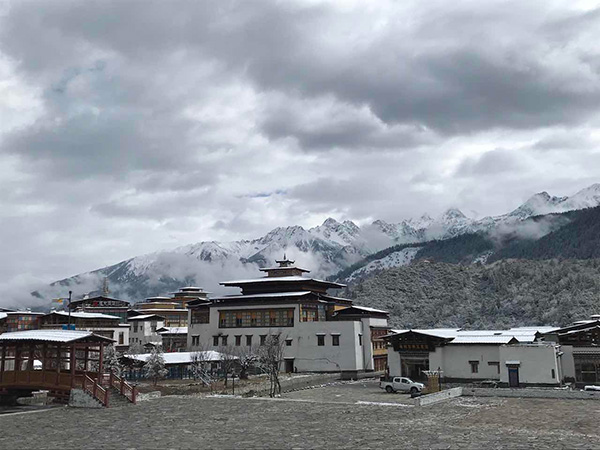Ecotourism helps shake off poverty in Tibet


"Summertime is usually the peak season when all the flowers are in full bloom, and my hotel is full every day," he said.
Wang Junlan, who owns one of the biggest restaurants serving the local specialty - stone pot chicken - attributed her successful business to preferable government policies.
She said the rent for the land during the first three years was paid by an aid group from Guangdong. She is also exempted from paying water bills and receives a subsidy of 20,000 yuan from the committee during the off-peak season to help keep the restaurant running.
"Honestly, doing business in this place is very smooth thanks to the good policies," she said.
Wang settled in Lunang in 2000 and made a living with a small restaurant that could seat about 100 people. Because of the remote location and inconvenient transportation, Wang said she rarely received tourists in the beginning. Her guests were mainly truck drivers.
"Now, we have 130 big round tables and can seat 1,000 people," she said. "It is full every day during peak season."
Lunang is an important part of Nyingchi's tourism industry. Since it was built, the project has created 1,000 jobs and improved the skills of local villagers, said Xie Binhui, deputy director of the committee.
"If the Potala Palace in Lhasa is the first-level landmark for tourism in Tibet, then we are committed to making Lunang international tourism town the second-most-visited destination by featuring ecotourism."

































